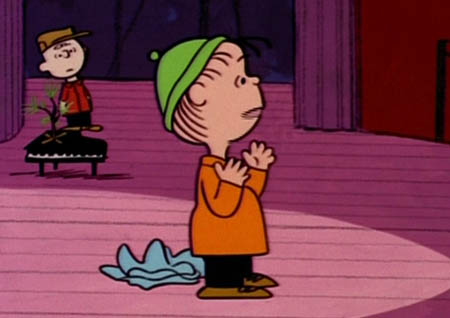 |
| I took this at a Victorian mansion-turned-office. Wish it was my house. |
That's not an overstatement. "Next to theology, I give music the highest place," Martin Luther insightfully claimed, making the connection that music is an extremely practical tool from God. Beyond all of the awkward questions about schooling at family reunions or the dentist's office, those who major in this craft really do keep society running. Here's why.
First, if no one actually bothered to study music at an advanced level, there would be no random person in your church choir who raises his or her hand to ask a really good question. "When do you want us to cut off? If we leave this note hanging over, it's dissonant with the piano." "Could the altos hear their note against the sopranos? That's a really tricky interval to sing." Smart thinking, people. It's quality control.
They also make up one gigantic web of resources. Not only do I have my pianist and organist friends, but it builds a web between ALL musicians so I also have violinist friends, trumpeter friends, cellist friends, flutist friends, harpist friends, you name it at my fingertips (hey! I could put together a chamber orchestra. Now to give everyone plane tickets). Between all musicians, the degrees of separation get a lot smaller. Once, I attended a choral concert with friends that happened to be close relatives of the music director. I began discussing my organ lessons, and the man in front of me turned around, introduced himself as my organ instructor's son, and joined our conversation about organ composers!
Without music majors, you would never get those annoying-but-inviting brochures announcing some musical ensembles' upcoming concert season in the mail. Some people took the time to apply their training, put their talents alongside others, and hand over something for you to delight in that they enjoy as well. Their performance art is extremely unique - it takes place only in time, unlike a drawing one can stand and observe for hours, so the details have to be brought out with attention. Have you ever thought about how odd it is that the human mind can remember sound? One does not really hear it, but recreates the patterns somehow internally. Wow.
Also, have you ever tried to picture what television or movies would be like without a soundtrack? Don't think about it too hard. Everything would come across like a really low-budget documentary. We need thoughtfully-composed sound in order to paint the correct mood, show motion (and what kind of motion), and even help us draw connections between scenes. Disney cartoons without music? Awkward and creepy.
Additionally, this does seem politically incorrect, but there are certain musical things that just sound "bad," and even the musical laymen recognize them. However, discerning exactly what it is often proves challenging - knowing how to fix the problem belongs to the realm of music theory. For example, I heard a choral arrangement of a hymn once that kept encountering an intonation mishap at a specific point. I could not figure it out at first, but upon seeing the score, I caught parallel fourths (counterpoint taboo!). Knowing that such part-writing creates voice-leading roadblocks saves the amateur musicians a lot of trouble.
When life is going as it should, the people working hard to make it run smoothly do not usually receive compliments, but as soon as a gap opens up, complaints arise. "Why don't we have any more coffee? It was YOUR job to remember to buy some!" Those who study music provide a restful, heightened element to ho-hum life, and by their expertise our artistic activities are made more efficient (i.e. singing in church with a good accompanist). To all of my non-musician friends, thank you for understanding that I have a real calling to do what I love, despite the inapparent rewards. To fellow music majors: thank you for being you, doing your vocation in the otherwise silent but chaotic world. It's an honor to do battle with you. :)



